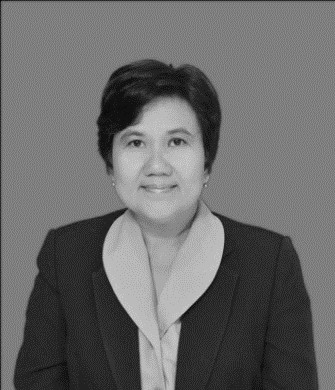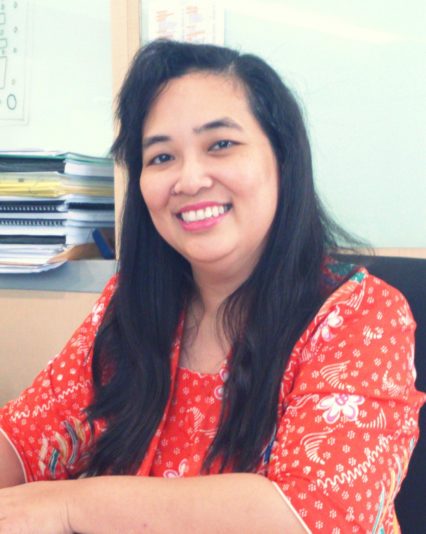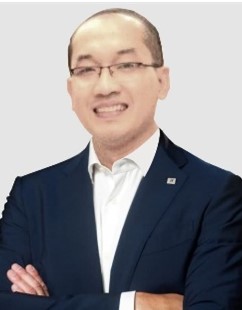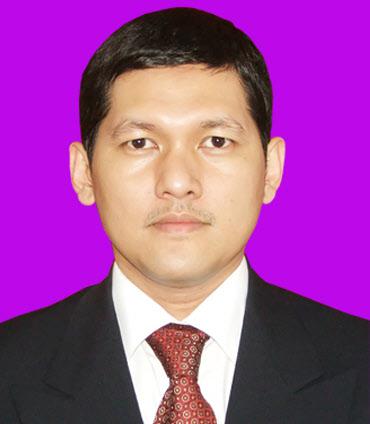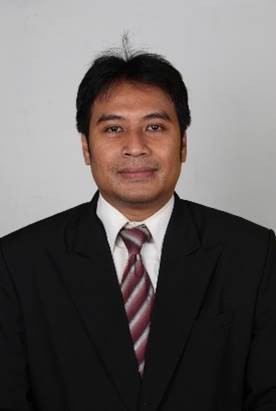Case Document
Baba Rafi - Dari Lantai Trotoar ke Lantai Bursa (From Sidewalk to Trading Floor): The Successful Story of SMEs
BANK SYARIAH INDONESIA : MERGER TO REALIZE THE HOPE OF THE COUNTRY
IMEXINDO
PT Imexindo as a group has 160 employees with an average working period of 5 years and above consisting of several divisions, the organizational structure is led by a board of commissioners, then there are directors who serve in several divisions below, namely Operations, Business and Product Development, and Finance and Administration. 60% of the total Imexindo employees are millennials, therefore an organizational structure is needed to clearly define responsibilities and roles in providing work results reports to top parties.
Mr. Dedy, the director of PT. Imexindo Intiniaga establishing good relations or relationships and good motivation between employees can provide a different work experience and provide individual satisfaction for employees. In a company that has limited employees, it certainly presents its own challenges both in designing the organizational structure and the roles and responsibilities of everyone in the PT Imexindo company. This limitation provides insufficient space, thus necessitating the existence of multiple positions, especially in the finance division.
SUSTAINABLE ADVANTAGE, IS IT A STRATEGY?
As the pandemic transformed various aspect buying behavior of the consumer, so did the retailers follows to match it. However, one of the legacies of the 2020 pandemic and the result of long restrictions of lockdowns, not all retailers are able to follow suit. This created an extensive list of malls and retail establishments questioning their existing business model and why could not bear the new business environment, which forced those retailers to file for bankruptcy. Yet, other retailers who prepared to tailor to the restriction saw it as opportunity to lead them to the market. During this same period, as consumers increased their reliance on online shopping, consumer spending shifted to the available retailing types. It increased sales for eCommerce in Indonesia, namely Tokopedia, Bukalapak, Shoppe, and many others. Though, the eCommerce boom during the pandemic was then challenged by the sudden consumer shift, which consumers flock back to malls and other entertainment venues. The lessen restriction on social interaction by the government has impacted the consumers’ not only toward buying patterns but also how they change their leisure preferences. This begs the question of the retail practitioners on what strategy is and whether their applied business model is sustainable. They should evaluate the advantages and disadvantages of the cautions they must prepare. With this rising phenomenon, while nowadays, e-commerce has become a vital element of retail strategy, the coming success of retailers will, in the long run, hang on constructing a cohesive customer experience, both online and in stores.



